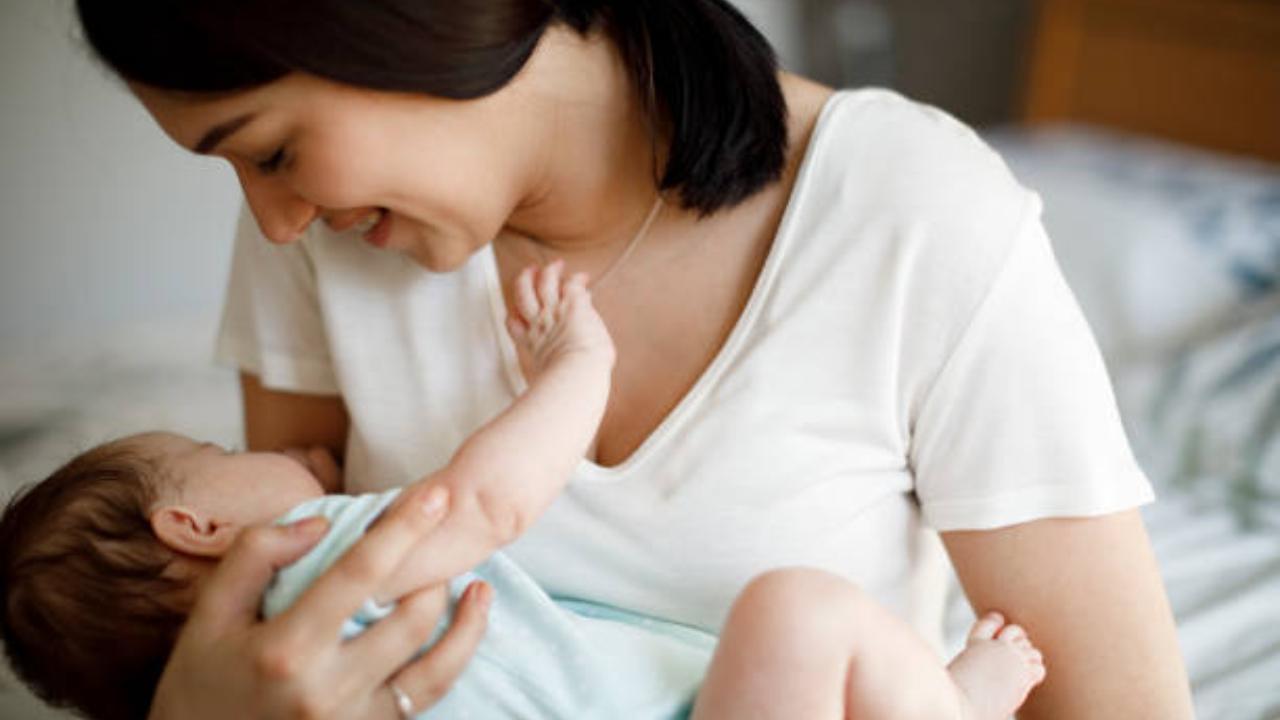
A team of researchers on Friday said that infants who were exclusively fed breast milk during their hospitalisation at birth were 22 per cent less likely to develop asthma in early childhood.
Although the birth hospitalisation lasts only a few days, it sets a critical foundation for establishing breastfeeding, which can influence health outcomes like childhood asthma, according to research presented during the American Academy of Pediatrics ‘2024 National Conference and Exhibition’ in Orlando, Florida.
According to Laura Placke Ward, co-director for the Center for Breastfeeding Medicine at Cincinnati Children’s Hospital Medical Center, the study underscores the importance of hospital practices in supporting exclusive breastfeeding, as these early experiences may impact long-term health.
The authors noted that while longer duration and exclusive breastfeeding are known to reduce asthma risk, the effect of breastfeeding during the birth hospitalization is less understood.
From the 9,649 children included in the study, 81 per cent received some breast milk and 31 per cent exclusively received breast milk during the birth hospitalisation.
Five percent had a diagnosis of asthma. Infants who received only breast milk had a lower rate of asthma diagnosis compared to those who did not receive any breast milk or did not receive breast milk exclusively after adjusting for sex, race, and insurance status.
“Additionally, infants whose first feeding was breast milk also had a lower rate of asthma compared to those whose first feeding was not breast milk,” the findings showed.
By focusing on these crucial first days, we may impact children`s health and potentially reduce the risk of chronic conditions like asthma,” said Ward.
The finding highlights the need for greater emphasis on supporting and promoting exclusive breastfeeding during the early days of life, the study authors noted.
Also Read: Why contraception is still essential after 40 until menopause is confirmed
This story has been sourced from a third party syndicated feed, agencies. Mid-day accepts no responsibility or liability for its dependability, trustworthiness, reliability and data of the text. Mid-day management/mid-day.com reserves the sole right to alter, delete or remove (without notice) the content in its absolute discretion for any reason whatsoever
